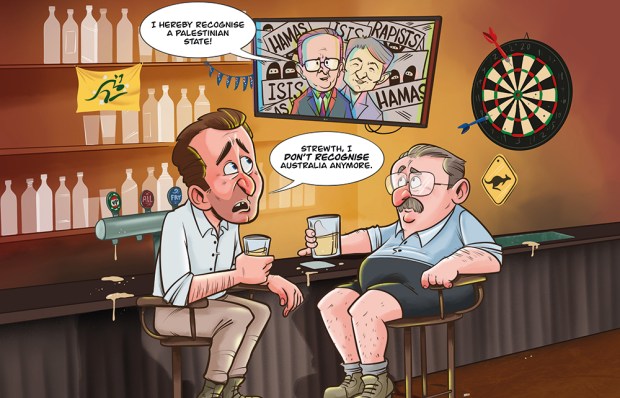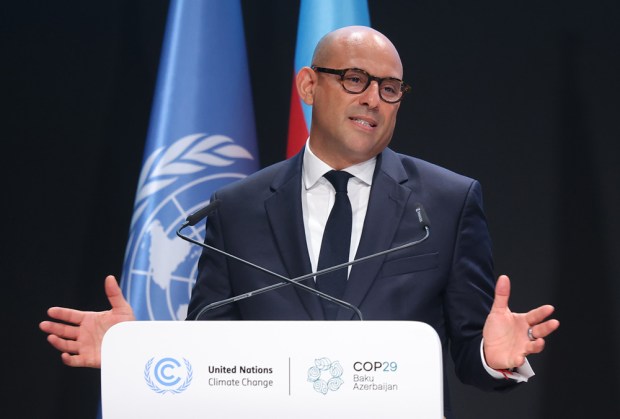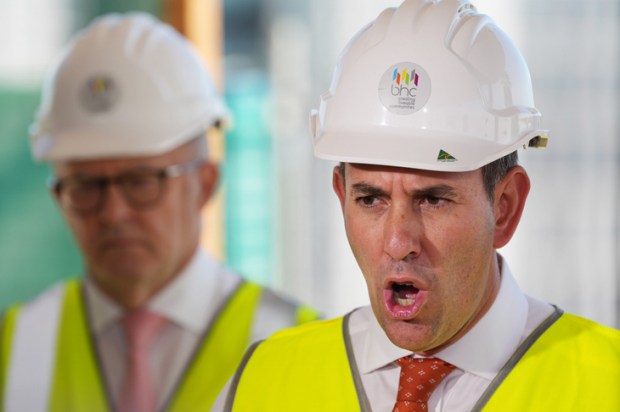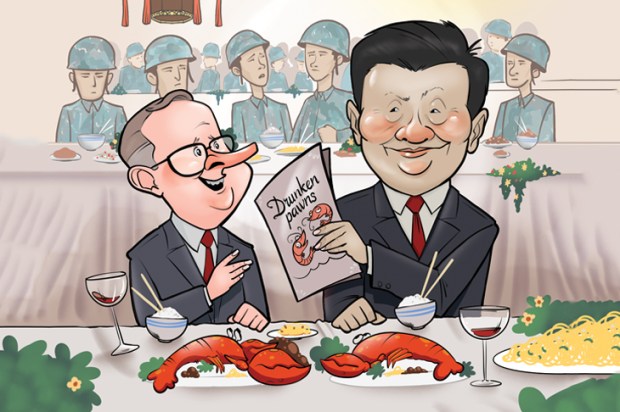The deaths of NSW teenagers Thomas Kelly and Daniel Christie were beyond tragic. The senseless, random nature of the violence that saw both young men struck down in the prime of their lives in two unrelated and unprovoked attacks — weirdly only yards apart from each other in Sydney’s Kings Cross — galvanised local talkback radio and mainstream press like very few other recent events. In some horrific way, the sheer pointlessness of these murders seems to have become a symbol of so much that is wrong with the modern, festive lifestyle; where even the simplest pleasures, such as a night out on the town, can prove fatal.
Quickly, the jargon of ‘king hits’ was changed to the less aspirational (if you happen to be a thug) and more condemnatory ‘coward’s punch’; the perpetrators are now ‘one-punch killers’. ‘Booze-fuelled violence’ morphed into ‘booze and drug-fuelled violence’. With a majority of Sydney-siders appalled by the manslaughter plea bargain that saw one offender appear to get off almost scot-free, the cry for ‘mandatory’ and ‘minimum’ sentencing became deafening. As well, the usual villains were crammed into the stocks of public outrage; namely the late hours that Kings Cross venues stay open and the quantities of booze they sell. Peripheral arguments swirled around steroids, amphetamines and that perennial villain alcohol advertising.
At the fringes of the debate, a few lone voices suggested that perhaps there were deeper issues at play. Writing in our 11 January issue, Ian Moore wryly noted: ‘Let’s blame it all on alcohol, close the hotels early and the problem will disappear as quickly as a yard of beer down the gullet of Bob Hawke in his Oxford days. Any politician who believes this cant should give themselves a swift uppercut.’ Mr Moore pointed the finger at ‘a new breed of extremely narcissistic, underfathered adolescent males’ who display ‘no respect for authority’, and ‘a culture of self-indulgent thuggishness [that] is being incubated, primarily in broken families, and fuelled by alcohol, drugs and the normalisation of violence in popular culture.’
Last week, writing with the experience of England’s ‘lager louts’ culture, Simon Heffer concurred, lamenting the loss of ‘families and, more specifically in the case of testosterone-laden young men, fathers… Permissive parenting, or little parenting at all, has helped make too many young men reckless in their drinking and aggressive in their consequent behaviour.’
On page vii, Michael Koziol points out the shortcomings of the New South Wales Premier Barry O’Farrell’s tough new measures to curb the violence in Sydney’s CBD. Suffice to say that the regulations would have done little to prevent the deaths that have so far occurred.
Tellingly, no political leader, including even Tony Abbott, was prepared to stand up to criticise the deeper issues of welfarism, broken families, lack of discipline and respect for authority in our schools and the other excesses of the permissive, no-blame culture that lie at the heart of many of these tragedies.
Crystal Bill
To celebrate 100 days as opposition leader, Bill Shorten gazed into his crystal ball and made the headline-grabbing prediction that Tony Abbott will be a ‘oncer’ — a one- term Prime Minister. The statement was replete with unintended irony. After all, in the modern Labor party, to serve a full term as Prime Minister is actually an extraordinary and enviable achievement; the last two having been unceremoniously dumped — by none other than Mr Shorten himself — before either of them got anywhere near that particular milestone.
Indeed, if anyone should be concerned about being a ‘oncer’, it is Mr Shorten himself. Kevin Rudd’s new leadership rules may offer some comfort that the moment his polling figures head south he won’t be stabbed in the back by any number of salivating assassins. But the likelihood is that he is a short-term fix for a party that has yet to ‘put out the bins’ and rid itself of its odorous ideological garbage; of which his precious union movement and the widely unpopular carbon tax are among the whiffiest.
Still, should he survive until the next election, may we give Labor’s leader a tip: voters don’t like hubris and arrogance. It is difficult to imagine fresh opposition leaders such as Kim Beazley in 1996 or Brendan Nelson in 2008 making such cocky, unfounded predictions. Besides, as Graham Richardson pointed out recently: ‘There has to be a two-term strategy for Labor. One term is virtually impossible.’
Got something to add? Join the discussion and comment below.
You might disagree with half of it, but you’ll enjoy reading all of it. Try your first month for free, then just $2 a week for the remainder of your first year.












